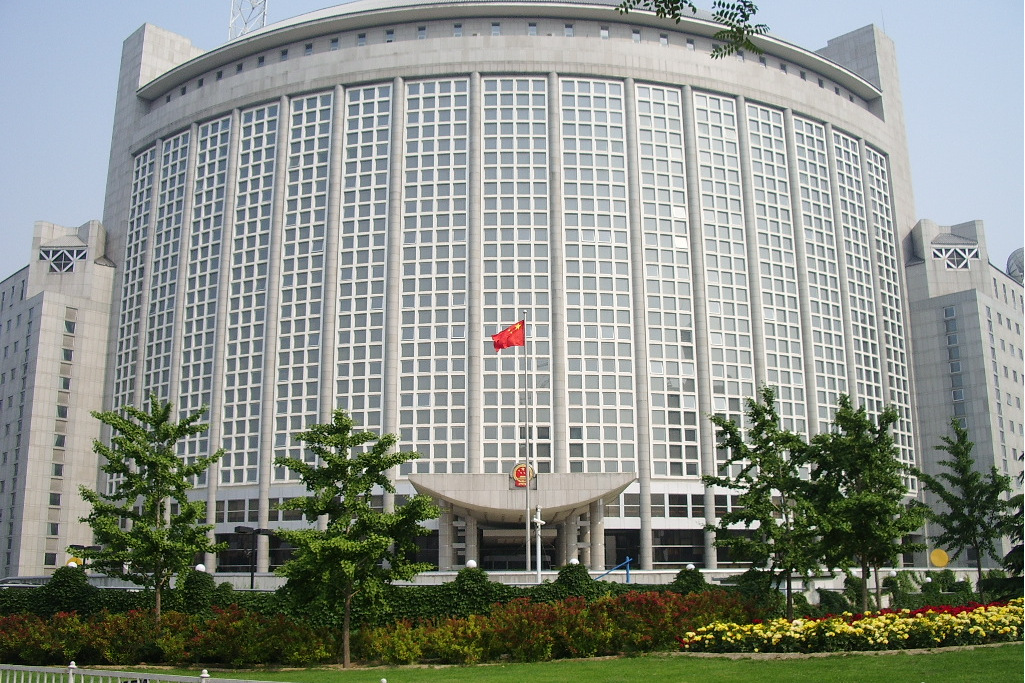
On 26 Oct. 2021, the Ministry of Commerce of China released the “Guidelines on Technology Import and Export (For Enterprises)” (hereinafter “the Guidelines”, 技术进出口工作指引(企业版)) on its website.
The Guidelines aims to provide guidance for enterprises engaging in technology trade and contains the explanation of terms, technology import and export management system, and content of technology contracts.
The Guidelines summarizes the technology import and export acts under Chinese laws, mainly including assignment of patent rights, assignment of rights to apply for patents, licensing of rights to implement patents, assignment of technical know-how, technical service, and transfer of technology in other ways.
China is making further efforts to control technology import and export.
For example, on the basis of regulations such as the “Regulations on the Administration of Technology Import and Export” (技术进出口管理条例) and the “Measures for the Administration of Technologies Prohibited or Restricted from Export” (禁止出口限制出口技术管理办法), China has issued the “Catalogue of Technologies Prohibited or Restricted by China from Import” (中国禁止进口限制进口技术目录) and the “Catalogue of Technologies Prohibited or Restricted by China from Export” (中国禁止出口限制出口技术目录).
On 28 Aug. 2020, China further issued the “Announcement on Adjusting and Issuing the Catalogue of Technologies Prohibited or Restricted by China from Export” (关于调整发布<中国禁止出口限制出口技术目录>的公告), which added restrictions on the export of artificial intelligence and network security technologies.
The Guidelines helps guide enterprises to improve their compliance management abilities in technology import and export.
Cover Photo by Xiaolin zhang on Unsplash
Contributors: CJO Staff Contributors Team









